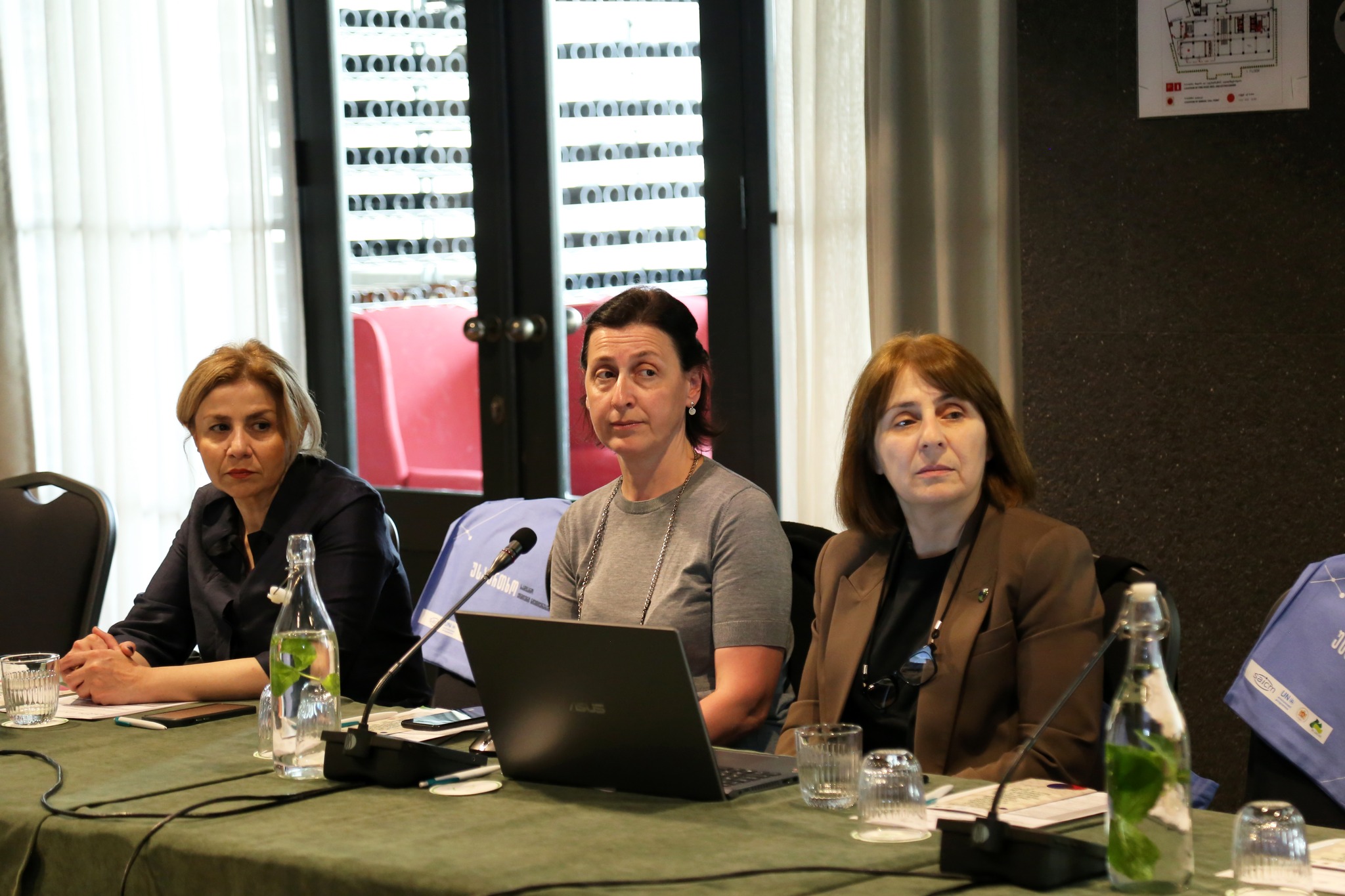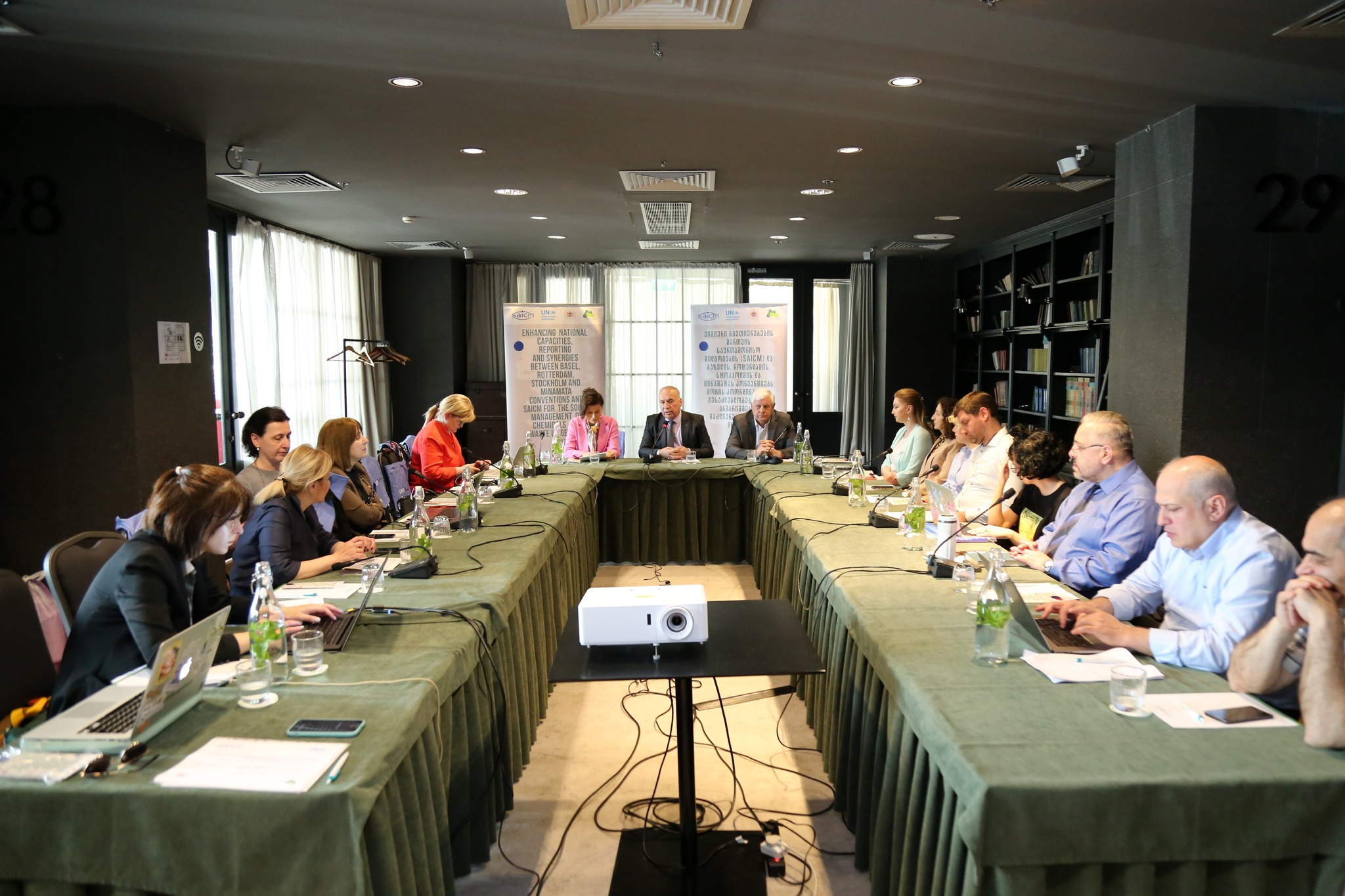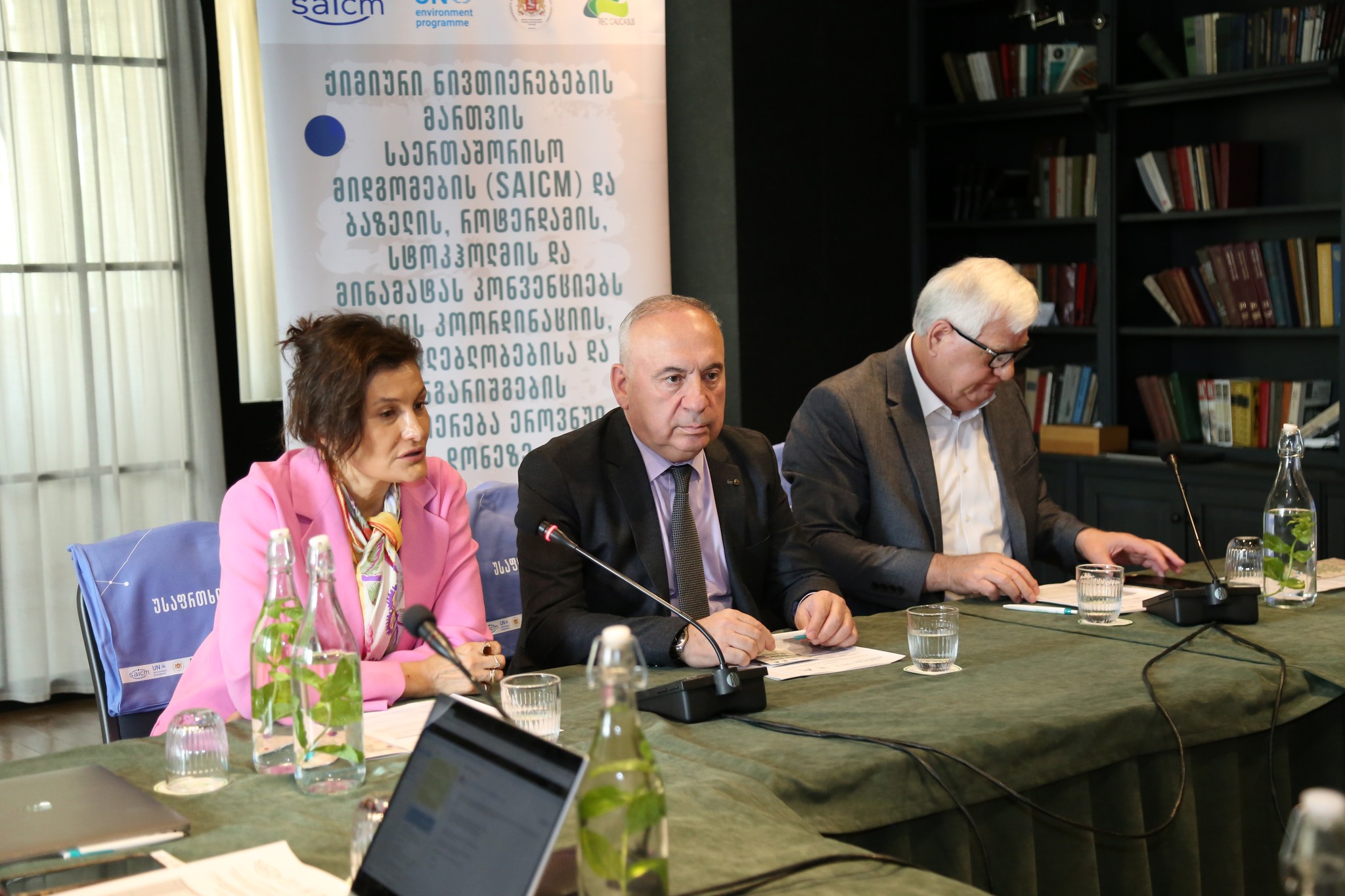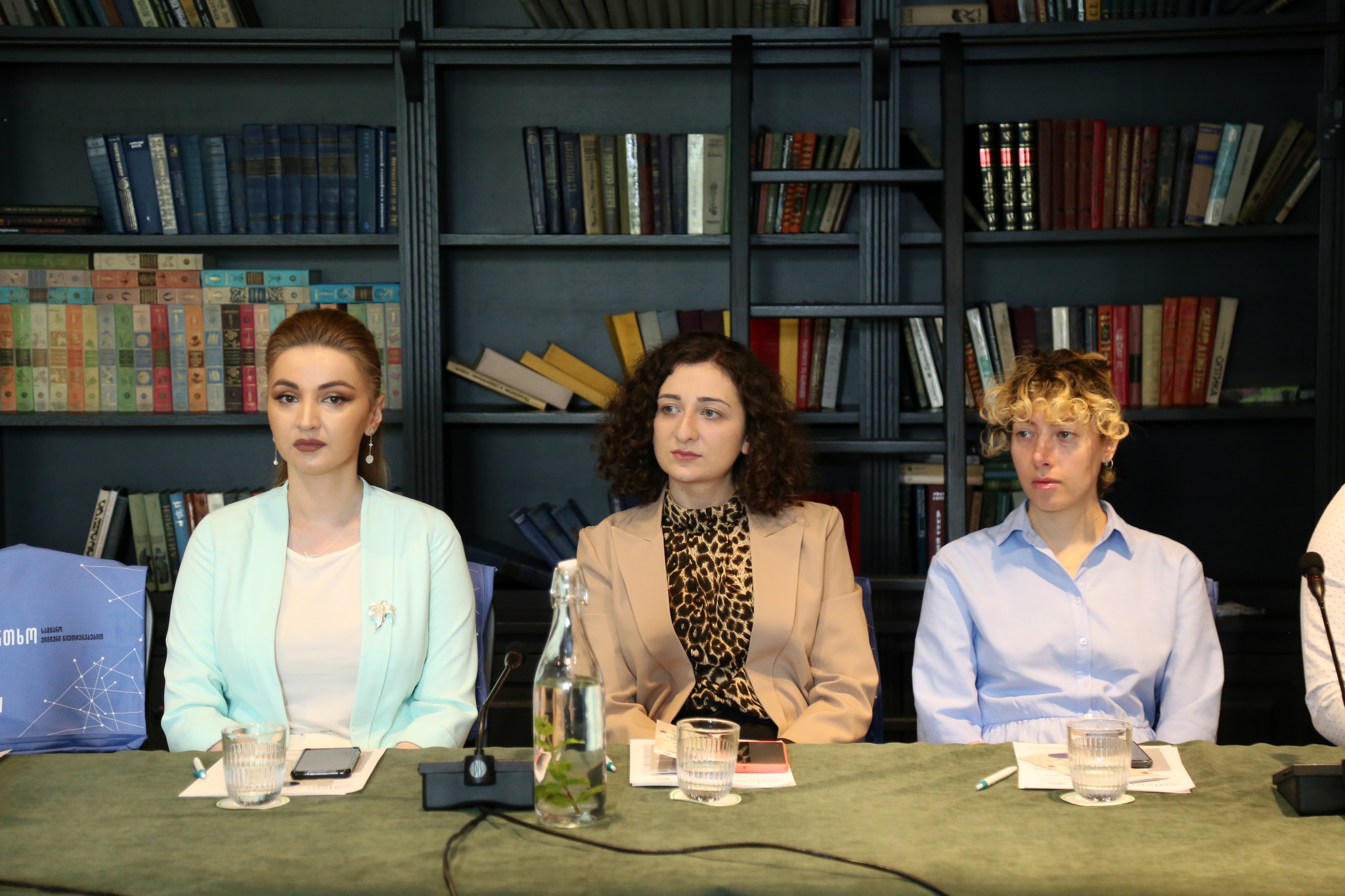News
The Ministry of Environmental Protection and Agriculture presented the results and challenges in implementing international conventions on chemical substance management.
During the workshop held under the Special Programme on the Institutional Strengthening at the National Level for the Implementation of the Basel, Stockholm, and Rotterdam Conventions, the Minamata Convention and the Strategic Approach to International Chemicals Management (SAICM), the Ministry of Environmental Protection and Agriculture presented the results and challenges in implementing international conventions on chemical substance management.
The agenda of cooperation with the European Union and the decisions of the parties to each convention were discussed during the meeting.
"The Ministry of Environmental Protection and Agriculture is working hard to meet the requirements of the EU-Georgia Association Agreement, including safe chemical substance management. The country has made significant progress in ratifying the Minamata Convention, and it is planned to strengthen legislation and harmonize it with EU directives while taking into account the requirements of the Basel, Rotterdam, and Stockholm Conventions," said Mr. Solomon Pavliashvili, Deputy Minister of Environmental Protection and Agriculture.
The project "The Strategic Approach to International Chemicals Management (SAICM) and Strengthening Coordination, Capacity and Reporting between the Basel, Rotterdam, Stockholm, and Minamata Conventions at the national level" aims to contribute to the strengthening of institutional capacity at the national level by introducing integrated approaches to the safe management of waste and chemicals in the country.
The project contributes to implementing the mentioned conventions and international approaches to chemical substances management (SAICM) and strengthening institutional capacities.
The project is implemented by the Regional Environmental Center for the Caucasus (REC Caucasus) and the United Nations Environment Program (UNEP).



